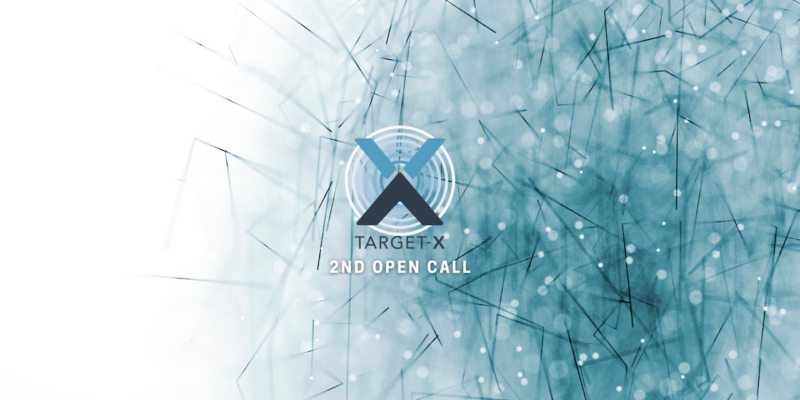
The European project Target-X has launched its second open call to strengthen important economic sectors in Europe by integrating 5G and 6G, accelerating the digital transformation.
The TARGET-X project envisions accelerating the digital transformation of key verticals such as energy, construction, automotive, and manufacturing using large-scale trials in multiple testbeds. By demonstrating, validating, and evaluating the potential of 5G/6G in real environments, technologies such as real-time communication, localization, self-description, digital twinning, and sensor-network data fusion can be tested and evaluated.
The focus of this is on validating and performance testing for software, hardware, use cases, as well as KVIs and KPIs. Companies of any size, Universities and RTOs can now apply to the second open call.
The submission deadline is February 28, 2024, at 17:00 Brussels Time. For information, click here.
According to a statement from Marposs, which is one of 14 members of the Target X consortium, the open call stresses the importance of “establishing a sustainable business framework, unlocking new market prospects, and providing financial support” of up to € 60,000 ($65,487) per entity.
Marposs said that it is actively involved in this research project, led by the Fraunhofer Institute for Production Technology (IPT) in Aachen, Germany. The project's objective is to conduct validation tests for new technologies in both 5G and its successor, 6G. Collaborating with other partners, Marposs has identified different applications within existing experimental test environments in Germany and Spain.
In the automotive sector, the project focuses on studies related to digital twin vehicles, cooperative perception, autonomous or remote driving, and the prediction of Quality of Service (QoS) in real-world scenarios.
Meanwhile, in the industrial manufacturing sector, research lines initiated in previous projects are continued, involving partners to integrate real-time technologies with cutting-edge cloud architectures. This integration aims to create more efficient and sophisticated digital twins of robots and machine tools.
The project aims to explore the potential of 5G and 6G technologies in realistic environments within end-user industries through demonstrations and experimental evaluations. The focus includes examining the impact of network and digital twin integration on real-time communications, localization, tracking, and interactivity.
The assessment also considers sustainability, security, and privacy metrics for the solutions being tested, contributing to the development of a framework for evaluating the economic and social effects of potential new business models emerging from the use of these advanced technologies.









